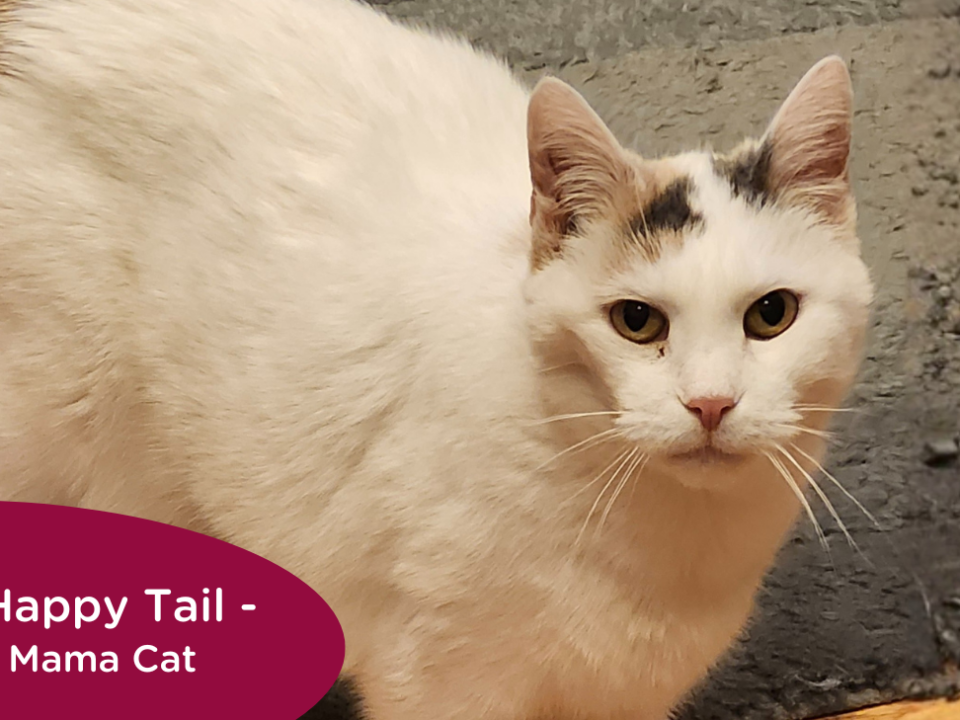Top 3 Preventable Pet Illnesses and Injuries
April 6th, 2017
written by Laurel Meleski, RedRover Program Coordinator II

Unexpected illness or injuries can be a huge burden to pet owners, both financially and emotionally. The RedRover Relief Urgent Care grant program receives thousands of applications each year from people whose pets are in need of veterinary care. Here are three of the most common types of requests we receive and what you can do at home to help protect your pet and prevent illness and mishaps.
Dental health issues
Some of the most common ailments we see in both cats and dogs (and rabbits, chinchillas and horses) stem from poor dental health. A dental cleaning can be a large expense, typically between $250 and 500, and if you don’t see any obvious problems it can be easy to put off until “next year.” Unfortunately, the cost of not getting your pet’s teeth cleaned on a regular basis can lead to emergency veterinary care that’s even more expensive. Tooth abscesses that need dental surgery and infections that can lead to organ damage (and of course bad breath!) are a few of the issues that can stem from an unhealthy mouth. Thankfully, most dental problems can be prevented before they start with home tooth care and routine dental cleaning at the veterinarian. By putting aside $25 per month you can save $300 by the end of the year. If that’s not feasible, aim for getting a dental done in two years, and try saving $12.50 per month instead.
February is National Pet Dental Health Month, and many veterinary offices offer specials on dental cleanings, so be sure to book your appointment early to ensure that they’ll have space in their schedule. You can also talk to your veterinarian about adding raw bones and raw meat to your pet’s diet. These can help to clean the teeth and maintain a healthy enzyme balance in your pet’s mouth. Cooked bones can splinter and damage intestines, so be sure any bones given to your pets have never been cooked. In hot weather you can even freeze them to use as a cold treat!
Pyometra
Another illness for which we receive grant requests fairly commonly is called pyometra. This is an infection in the uterus that can affect both dogs and cats, and if left untreated can be deadly. The treatment for pyometra is an emergency spay, which is about $1500 on average. The easiest way to prevent pyometra is to have your animals spayed before their first heat. Spaying is usually done between four months and one year of age, depending on the veterinarian’s recommendation. As long as an animal is left “intact” they’re at risk for pyometra. Nearly every pet owner we’ve helped with their pet’s pyometra has said that they wish they’d known about this danger sooner. They knew about spaying (and neutering) to prevent unwanted litters, but most said that they didn’t spay their female pets because they were never going to breed them, so they didn’t worry about pregnancy and didn’t want to put their pet through a surgery that didn’t seem necessary. After going through this frightening ordeal with their pet, those pet owners tell us that they’re now educating their friends and family about the importance of getting their pets spayed to keep them healthy.
Injuries outside the home
Of the requests we receive asking for help with emergencies, many are injuries that have happened because an animal left the safety of their home. Dogs and cats can be hit by cars, injured by other animals or eat something dangerous or poisonous. One of the easiest ways to make sure your pet stays as safe as possible is to make sure outdoor enclosures are secure. Check your yard regularly for loose boards in the fence or holes your pet can slip out of. If your dog is a digger, try burying chicken wire or welded wire fencing in spots vulnerable to escape, and make sure that your fences are too tall for your dog to jump. For cats, installing outdoor cat fencing or building a fully enclosed “catio” is a safe way to give your kitty some outside time. Leash training, for both cats and dogs, can give pets a safe way to explore the world around them and can be a fun way to bond with your pets! Lastly, keep your pets indoors during stressful days, like the Fourth of July and New Year’s Eve. Fireworks can be very frightening for even the most laidback pets, and shelters report that these are days many pets escape.
Our pets love us unconditionally. They give us comfort and laughter, and they make our lives better just by being with us. In return, It’s up to us to make sure that their lives are as safe, healthy and happy as possible.
Early warning signs of illness
Change in appetite
Change in behavior
Change in drinking
Change in elimination
Change in activity
Change in breathing
Change in body (shape, lumps, skin…)
RedRover helps pets in emergencies everyday through the RedRover Relief program. Your support makes this possible. Donate to RedRover Relief



